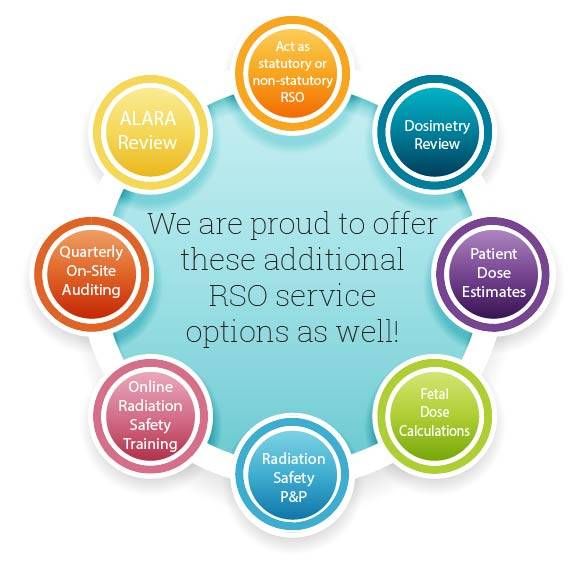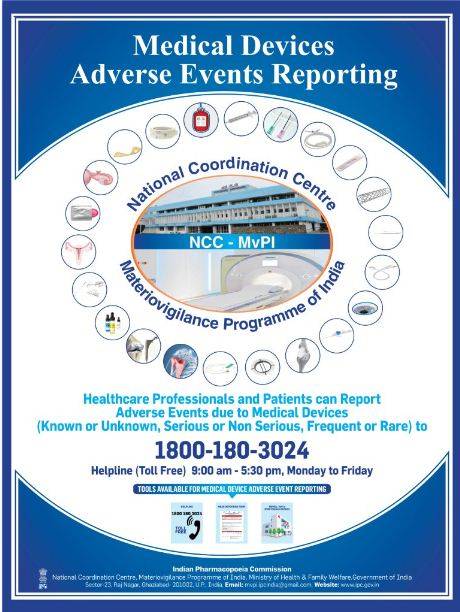How to Prepare for Surgery Under General Anesthesia: A Step-by-Step Guide
Undergoing surgery can be a daunting experience, but proper preparation—especially when general anesthesia is involved—can significantly improve your comfort and safety. General anesthesia is a powerful medication that renders you unconscious and pain-free during the procedure, so understanding how to get ready can ease anxiety and contribute to a smoother surgical experience. This guide outlines the essential steps to take before your surgery under general anesthesia.
1. Understand What General Anesthesia Involves
Before you prepare, it’s important to know what to expect. General anesthesia affects your entire body by inducing a deep, controlled state of unconsciousness. It’s typically used for major surgeries, such as abdominal, orthopedic, or cardiac procedures. The medication is administered either through an intravenous (IV) line or inhaled gases, and an anesthesiologist will closely monitor your vitals throughout the surgery.
2. Consultation with Your Anesthesiologist
During your pre-surgery appointment, you’ll have the chance to speak with your anesthesiologist. This is your opportunity to discuss any concerns, allergies, or previous reactions to anesthesia. Be sure to provide them with:
- Medical history: Chronic conditions like diabetes, hypertension, and respiratory disorders can impact how anesthesia is administered.
- Medications: Include any prescriptions, over-the-counter drugs, and supplements you’re taking.
- Substance use: Be honest about alcohol, smoking, or recreational drug use, as these can affect anesthesia safety and effectiveness.
3. Fasting Before Surgery
Why fast? Fasting is crucial because anesthesia relaxes the body’s muscles, including those in the stomach, which can lead to a higher risk of aspiration (where stomach contents could enter the lungs). Typically, your doctor will ask you to avoid eating solid food for 8 hours and clear liquids for 2 hours before surgery.
- What you can consume: Most people are allowed to drink water up until 2 hours before surgery. Avoid alcohol and heavy meals the day before.
- Follow instructions carefully: Failure to adhere to fasting guidelines could delay your surgery or cause complications.
4. Adjust Medication Intake
Some medications may need to be adjusted or stopped temporarily before surgery. Your anesthesiologist will give you a clear list of do’s and don’ts based on your medical history:
- Blood thinners: Common drugs like aspirin or warfarin may be paused to reduce the risk of excessive bleeding.
- Heart or blood pressure medications: You may still need to take these, but your surgeon will advise on the timing.
Make sure you know exactly which medications you should continue and which you need to stop. Bring a list of your medications to the hospital, just in case.
5. Plan Your Post-Surgery Care
Recovering from general anesthesia takes time. You’ll likely feel groggy and may have impaired coordination and memory for several hours after surgery. Here’s what to do:
- Arrange transportation: Since you won’t be able to drive, arrange for a family member or friend to take you home.
- Prepare your recovery space: Set up a comfortable place at home where you can rest, with easy access to essentials like water, medication, and a phone.
6. Practice Good Hygiene
On the day of surgery, shower or bathe thoroughly to reduce the risk of infection. Avoid wearing makeup, lotions, or deodorants, as these can interfere with monitoring devices. Do not wear jewelry, contact lenses, or dentures to the hospital.
7. Prepare Mentally and Emotionally
Anxiety is natural before surgery, but having a good understanding of the procedure and following these preparatory steps can help calm nerves. Techniques like deep breathing, meditation, or talking to a loved one can help ease pre-surgery stress.
8. Follow Your Doctor’s Instructions
In the days leading up to the surgery, make sure you follow all the guidelines provided by your healthcare team, including:
- Paperwork: Complete any pre-surgery forms or medical evaluations.
- Lab tests: Ensure any required blood work or tests are done before surgery.
Conclusion
Being well-prepared for surgery under general anesthesia can make a significant difference in how you feel before, during, and after the procedure. By following your doctor’s advice, staying organized, and preparing both physically and mentally, you can set yourself up for a smoother surgical experience and quicker recovery. Always consult your surgeon or anesthesiologist if you have specific questions or concerns about your surgery.











Leave a Reply